Islamists vs The West: Mali and the New African Battleground [VIDEO]
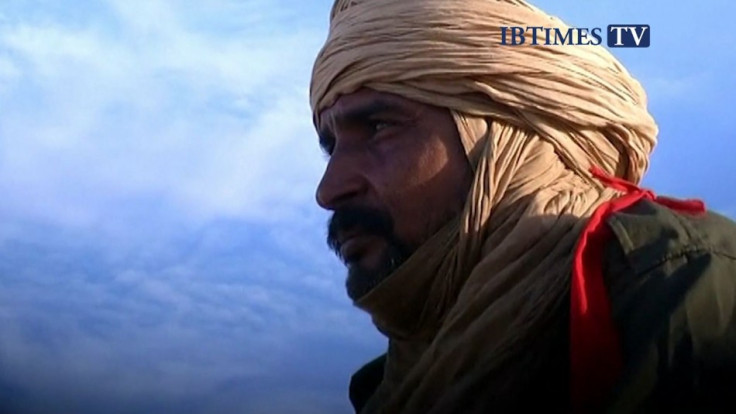
The dramatic and deadly four-day siege by Islamic militants at the In Amenas gas plant in Algeria caught many political observers and analysts on the hop. The terrorist attack claimed the lives of 37 foreigners, including six British workers and one British resident. Mokhtar Belmokhtar, the man who orchestrated the assault, claimed the attack was in retaliation for French military intervention in Mali to oust the Islamist rebels.
Prime Minister David Cameron warned that the incident shone a light on a wider crisis - that of a new African battleground in the global war on terror. "This is a global threat and it will require a global response. It will require a response that is about years, even decades, rather than months," he said.
In an exclusive IB Times UK documentary news short, presenter Marverine Cole speaks to a wide range of experts on the crisis in Mali, and what the future holds for Western powers trying to stop rising radicalism in north Africa.
Mark Saade - Honorary Consul for Mali to Britain
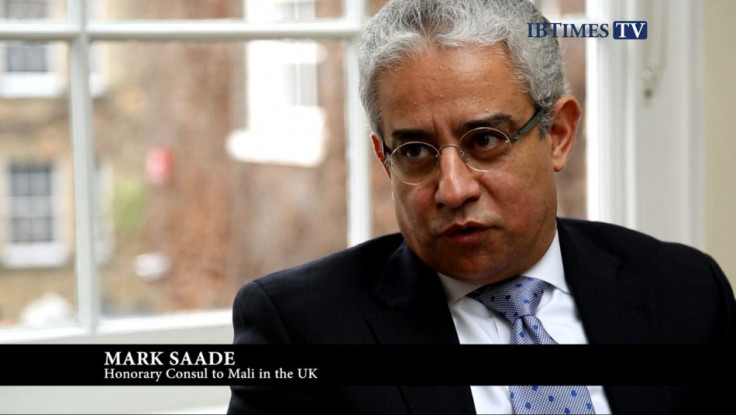
Mark Saade, the new honorary consul for Mali to Britain, outlines the four main rebel groups in the north of the country. They each have have different aims and backgrounds, he says.
"The only community-based group who claimed territorial integrity within the Malian sovereign state is what you call the MNLA - the Movement for the Liberation of the Azawad territory, who are mainly Tuaregs," he says.
"The second group is also Tuareg-led, but is more fundamentalist and more inclined to be portrayed as part of the al-Qaida umbrella, which is Ansar Dine.
"The third group is Aqim, or Al-Qaeda in the Islamic Maghreb. They are foreigners; they [have] mainly foreign leaders with some local followers. The local followers are more drawn in for money than anything else.
"The fourth, which is the MUJAO (Movement for Unity and Jihad in West Africa), is a splinter of the AQIM group. They are basically religious zealots who want to import the sharia."
Ali Soufan - Former FBI Agent
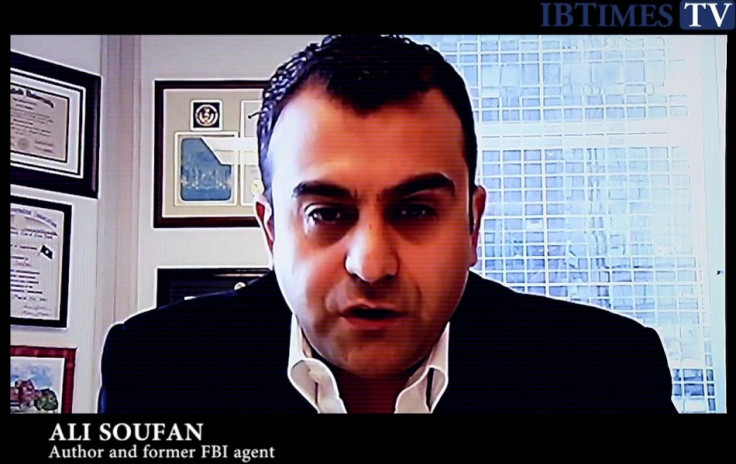
Former FBI agent Ali Soufan recently published a book, The Black Banners, detailing his involvement in interrogating members of al-Qaoda. He said that despite the initial successes of Western intervention, a lot of work still needs to be done.
"There have been successes by the French and the Malians and the African troops against the extremists. But that's something that we've seen before in our successes in Afghanistan against Taliban and al-Qaeia at the initial stages," he says.
"Now we start seeing the emergence of guerrilla warfare, and guerrilla warfare tactics being applied in northern Mali by the jihadists and the extremists.
"There is a big possibility that this campaign is at its early stages and we have to be very, very careful of not declaring mission accomplished and not declaring victory."
Umberto Bacchi - Foreign Correspondent for IB Times UK
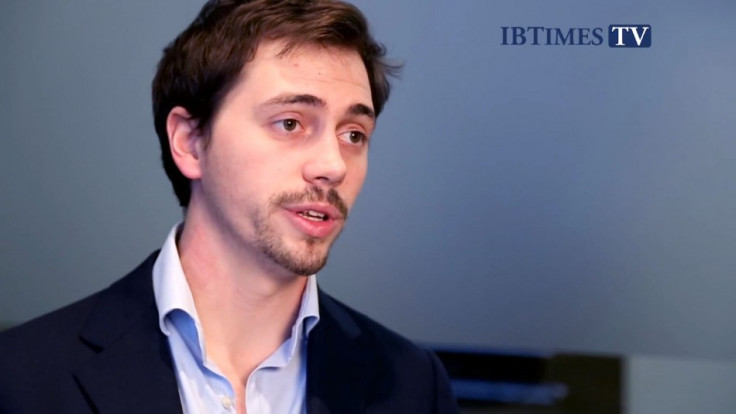
IB Times UK journalists have been covering the developments in Mali over the past 18 months. Foreign correspondent Umberto Bacchi explains that as well as combating terrorism, French intervention served to protect the former colonialist state's economic interests in the region.
"France has a different set of interests in the region. The largest economic interest it has is in Niger. France we know is a large consumer of nuclear energy, and these nuclear plants are mainly fuelled by uranium coming from Niger," he says.
"Another interesting aspect is the potentially huge oil deposits in the north of the country, which span Mauritania to Algeria all across Niger, where a lot of international companies including French Total have won the rights to explore.
Dr Funmi Olonisakin - Director of the Conflict, Security and Development Group at College, London
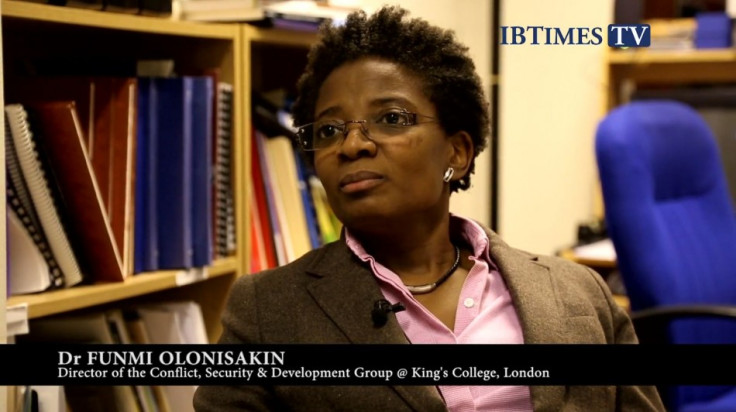
Dr Funmi Olonisakin is director of the conflict, security and development group at King's College London. An expert on African regional security, she notes that straightforward military intervention alone will not resolve the crisis in the region.
"If we don't find a solution, if we don't find a way to stop the flow of weapons into the hands of the Islamists, into the hands of the Tuaregs, France might have a very difficult time and Ecowas (Economic Community of West African States) might have a very difficult time in that region," she says.
"The facilitation of a continuous process of national conversations is what the world needs to see very quickly in Mali."
Watch the Full Feature Video Here
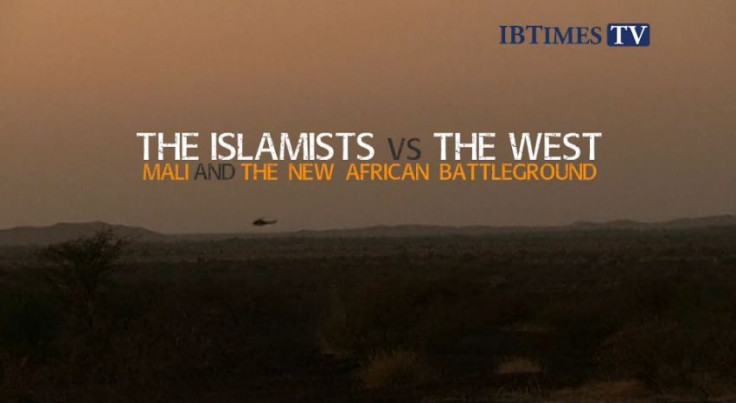
IBTimes UK's new documentary news shorts feature is online TV at its best. High-quality reports and investigations, interviews with key players and in-depth analysis give unparalleled insight into the big global stories of the day.
Watch out for more of IBTimes TV's online video features in March.
READ:
Mali's Future: What Next in War on Terrorism?
Mali: Suicide Bombers and Internal Army Feuds Mark New Stage of Conflict
Mali: Is France's Operation Serval Anti-Terrorism or Pro-Business?
© Copyright IBTimes 2025. All rights reserved.






















